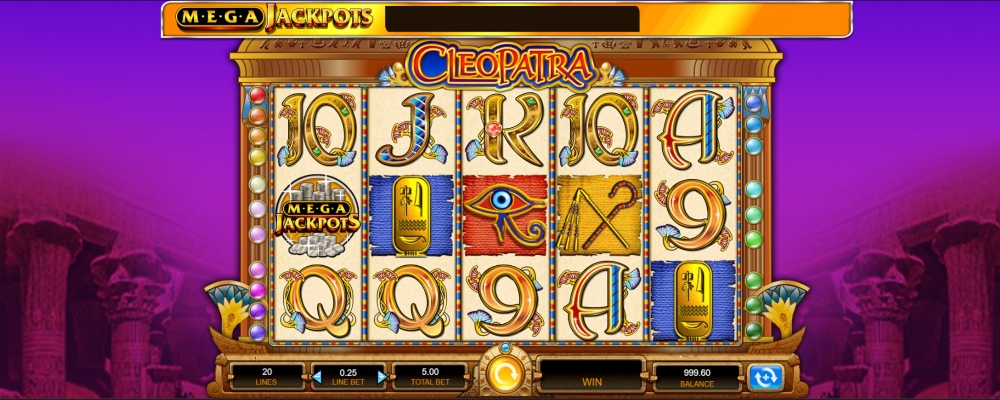What Is a Slot Machine?

A slot is a narrow notch, groove, or opening. It can also refer to a position in a group, series, or sequence. For example, a student has many different slots in school, each corresponding to an assignment or project. The word can also be used as a verb, meaning to insert something into or onto a device, such as a slot on the edge of a door or a cartridge slot on a computer.
A slot machine is a casino game that uses spinning reels to display symbols and determine winners. Players can insert cash or, in some machines, a paper ticket with a barcode. The machine then processes the ticket or cash and awards credits according to the pay table. Depending on the game, winning combinations may include specific symbols or bonus features.
Slot machines are one of the most popular casino games. The popularity of slot games is fueled by the high jackpot payouts, which can be much higher than other casino games like blackjack or poker. However, a large percentage of players lose money in the long run because they don’t know how to play their slots properly.
Before you start playing a slot machine, you should know how it works and the odds of winning. To understand this, it’s helpful to understand how the game’s random number generator (RNG) produces a combination of numbers. Once the RNG generates a number, it is recorded by the machine’s computer and mapped to the appropriate reel location. The computer then selects a stop on each reel and checks the payline to see if any symbols match.
The probability of hitting a particular symbol on the payline is determined by how many symbols are on each reel and what their odds of appearing are. The probability of hitting a particular symbol decreases as the number of symbols on the reel increases. This is because the odds of two identical symbols appearing on the same reel are extremely rare.
In addition to the number of symbols, the odds of hitting a particular combination are influenced by the weight given to that particular symbol on the pay table. This is because some symbols are more valuable than others. For example, a win with three of the same symbols is more valuable than a win with four different symbols.
Historically, all slot machines used revolving mechanical reels to display and determine results. The earliest machines had only three physical reels with 10 symbols on each, giving them only 103 = 1,000 possible combinations. Manufacturers then incorporated electronics into their machines and programmed them to weigh particular symbols. This reduced the chances of losing symbols and increased jackpot sizes.
While the RTP of penny slots can never be changed, there are ways to maximize your wins. First, make sure to check out the bonus offers at your favorite online casino before playing. This is because these bonuses can add to your bankroll and help you increase your chances of winning. Second, be sure to set a budget before you begin playing. Finally, make sure to quit before your bankroll runs out. This will help you avoid the temptation to keep spinning those reels!